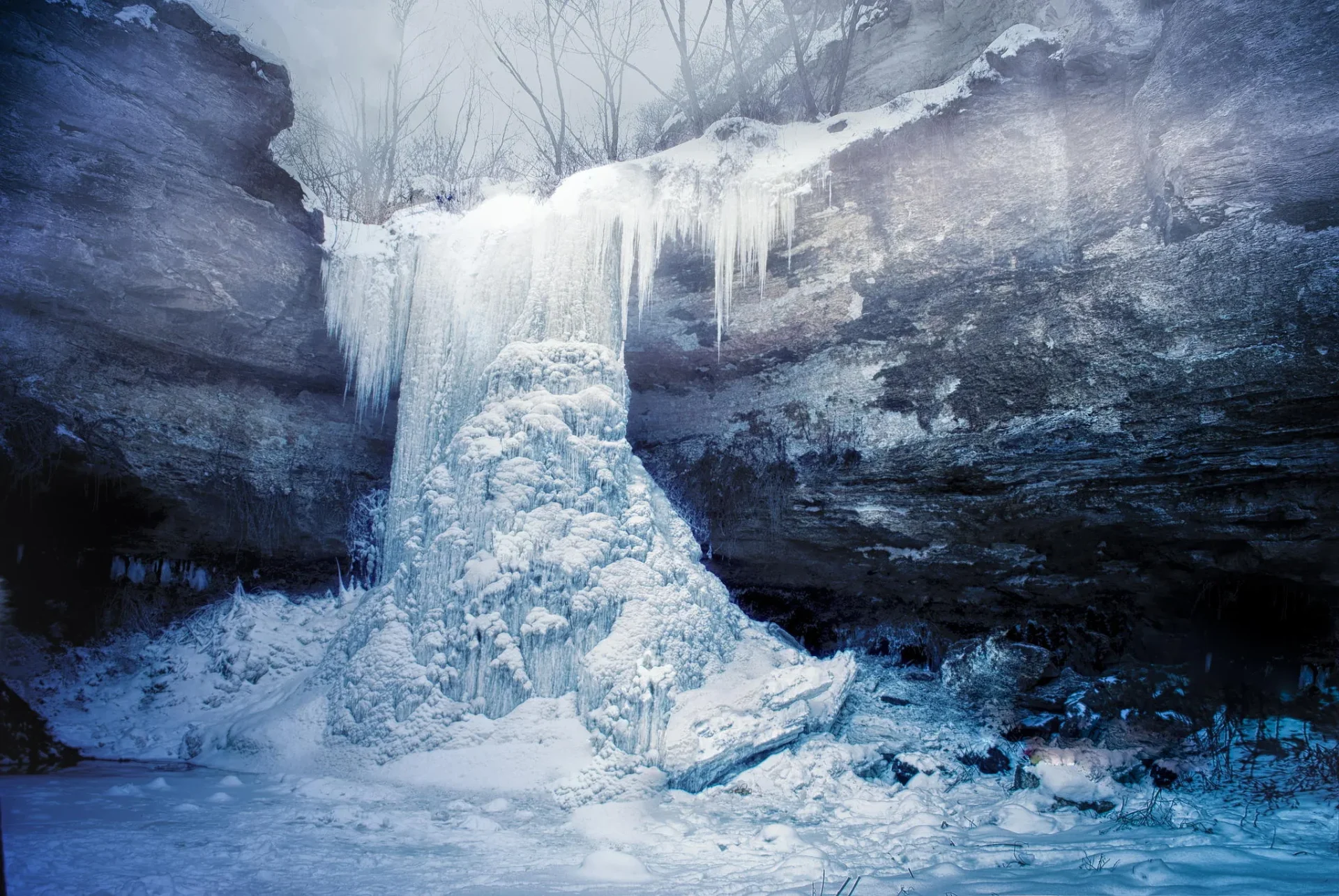Have you found yourself asking, “Why is the ice in my freezer so important?” It’s time to delve into the chilly labyrinth that makes up the everyday wonders of our domestic ice enclaves. So, let’s embark on this cool journey together, shall we?
A Cold Introduction to Your Freezer’s Titanic Inhabitants
Glacial giants in our frosty domains, the humble ice cubes might appear mundane – but they’re anything but! Simplicity conceals complexity; such is the nature of water turning into ice. Coolness cascades, water molecules slow, and a crystalline match-up begins!
A Titanic Transformation: Unveiling the Process
- Step One – The Chilling Commencement: As temperatures plummet in your freezer, still, unassuming water starts morphing into something much more. Like a secret agent adopting a new identity, the transformation is gradual yet fascinating.
- Step Two – The Cold Bond: Think of it as socializing in extremely chill weather – colder temperatures urge water molecules to huddle together, forming a solid structure.
- Step Three – Crystal-clear Completion: After going through a metamorphosis equivalent of a caterpillar turning into a beautiful, compounded butterfly, the water fully transformation into ice. Hard, cold, and breathtakingly beautiful.
How Quickly Does Water Turn into Ice in a Freezer?
Interestingly enough, it’s not just about the cold! Time and the volume of water also play a role. Typically, it takes about three to four hours for the magic to unfold and your thirst-quenching buddies to form.
What If Ice Was A No-Show?
Imagine a world where your drinks remain forever warm, the dreaded lukewarm soda. Blockbuster ice cream melts into cream soup before you’ve taken your second spoon. Scary, isn’t it? Not only are these frosty stalwarts cooling aids, but they also act as temporary preservatives, snuffing out bacteria’s expansion dreams.
Unfreeze Your Doubts — FAQs About Ice
Why Does Ice Expand in the Freezer?
During the grand chill fest in your freezer, water molecules maintain a respectful distance while linking up, forming a larger, less dense structure than their liquid state. Hence, water expands when it turns into ice. Talk about winter weight gain!
Why Does Ice Sometimes Appear White?
Contrary to popular belief, impurities aren’t the only culprits. Tiny air bubbles trapped during freezing scatter light in all directions, causing the ice to appear white. Think of it as the ice version of a snowfall scene!
Our Surreal Journey Ends…
So, the next time you drop that seemingly unremarkable ice cube in your refreshing iced tea, remember, there’s more than science that meets the eye. Isn’t it amazing how something so ordinary can hide such an extraordinary secret? Let it serve as a reminder that ‘ordinary’ is purely a matter of perspective!

